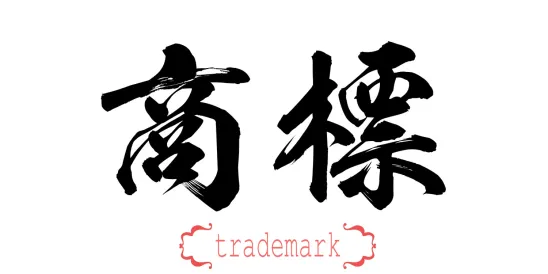On September 24, 2020, the China National Intellectual Property Administration (CNIPA) issued the Administrative Measures for Trademark Agencies (Draft for Comment) (商标代理管理办法 (征求意见稿)). While the measures mostly address the management of Chinese trademark agencies, several articles in the measures will be beneficial to foreign brands that have been and continue to be at risk of trademark squatting in China.
The draft measures clarify how enforcement against trademark agencies and practitioners will proceed for violations of the newly amended trademark law. Specifically, Article 4 of the Trademark Law was amended to read, “Applications for trademark registrations in bad faith which are not intended for use shall be refused.” Further, Article 19 was amended to read, “A trademark agency shall not accept the entrustment of a principal if it knows or should have known that the trademark entrusted by the principal for registration application falls under any of the circumstances prescribed by Article 4, …” Finally, Article 68, with respect to both Applicants and Trademark Agencies reads, “Where an application for trademark registration is filed in bad faith, an administrative penalty such as a warning or fine shall be imposed according to the circumstances…” These draft measures now clarify the enforcement system for trademark agencies and practitioners.
Under Article 14 of the draft measures, “if a trademark agency knows or should know that the trademark applied for by the client falls under the circumstances specified in Article 4, Article 15 and Article 32 of the Trademark Law, it shall not accept its entrustment.” Article 47 of the draft measures confirms the penalties specified into the Trademark Law (up to 100,000 RMB penalty) and further adds that CNIPA can suspend accepting filings from a trademark agency under investigation for 6 months until permanent suspension.
The draft measures also propose that CNIPA set up a credit supervision system for trademark agencies and practitioners. This proposed credit system will include:
(1) Record information of trademark agency;
(2) Information on administrative penalties imposed on trademark agencies;
(3) Information on administrative penalties imposed on trademark agency practitioners;
(4) Information on the inspection and supervision of the trademark agency;
(5) Statistical information on the agency business of trademark agencies;
(6) Information about trademark agency and trademark agency practitioners joining the trademark agency industry organization, and information about being disciplined by the trademark agency industry organization;
(7) Information on the trademark agency being included in the list of abnormal business operations or the list of serious violations of law and trust;
(8) Information that the trademark agency violates Article 10 of these Measures [fraud, harmful to socialist morality, or other adverse effects];
(9) Other information that can reflect the credit status of the trademark agency.
CNIPA will also be in charge of inspection and supervision of trademark agencies and practitioners and local branches of CNIPA shall conduct on-site inspection of trademark agencies “that have been included in the list of abnormal operations or list of serious violations of untrustworthiness.”
Also, local CNIPA branches and State Administration for Market Regulation (SAMR) branches “shall promptly disclose information such as the record, inspection and supervision results, and administrative punishment decisions of trademark agencies to the public through the national enterprise credit information publicity system.”
Hopefully, this combination of warnings, fines, suspensions and publication of same will serve as an effective deterrent to agencies and practitioners representing bad-faith filers that often squatted foreign trademarks.
The SAMR has been aggressive this year in fining trademark agencies for attempting to register coronavirus-related trademark applications. Ideally, the SAMR will also be aggressive in fining trademark agencies and practitioners for bad-faith trademark filings.
The deadline for comments is October 24, 2020 and can be submitted online, email, fax or post, as specified here. The full text of the draft measures is available here.



 />i
/>i
